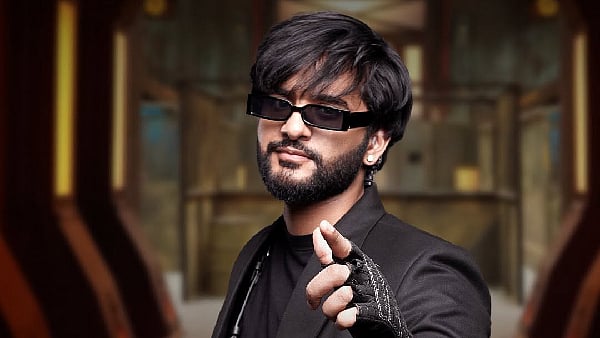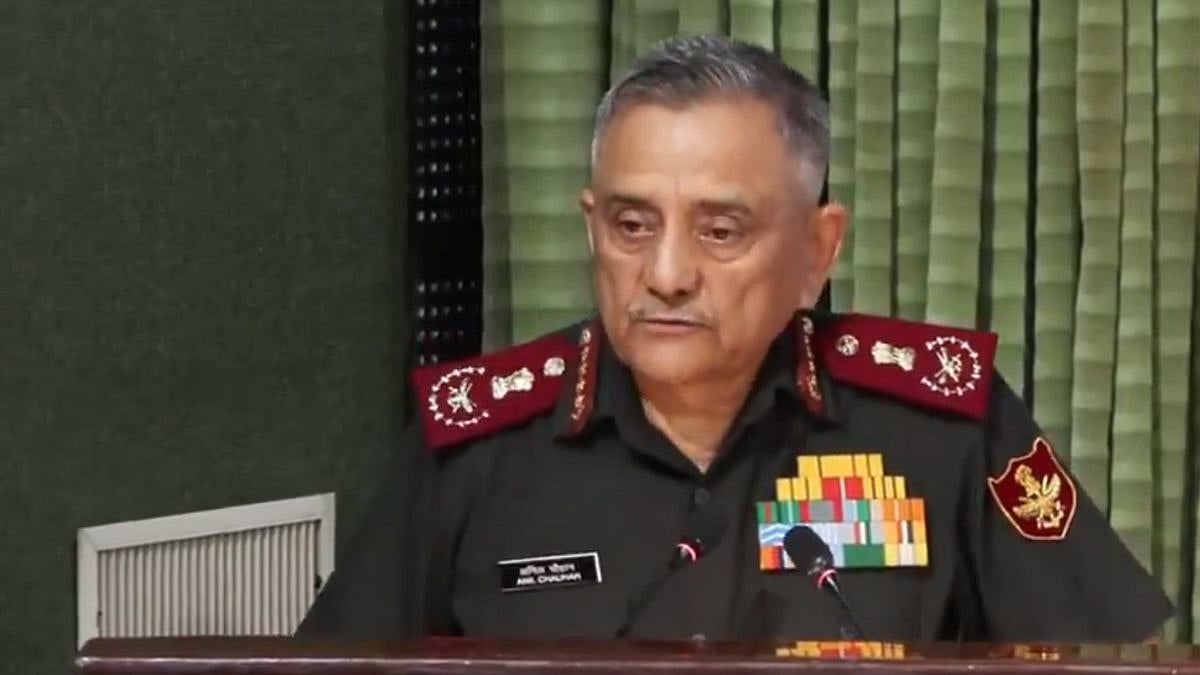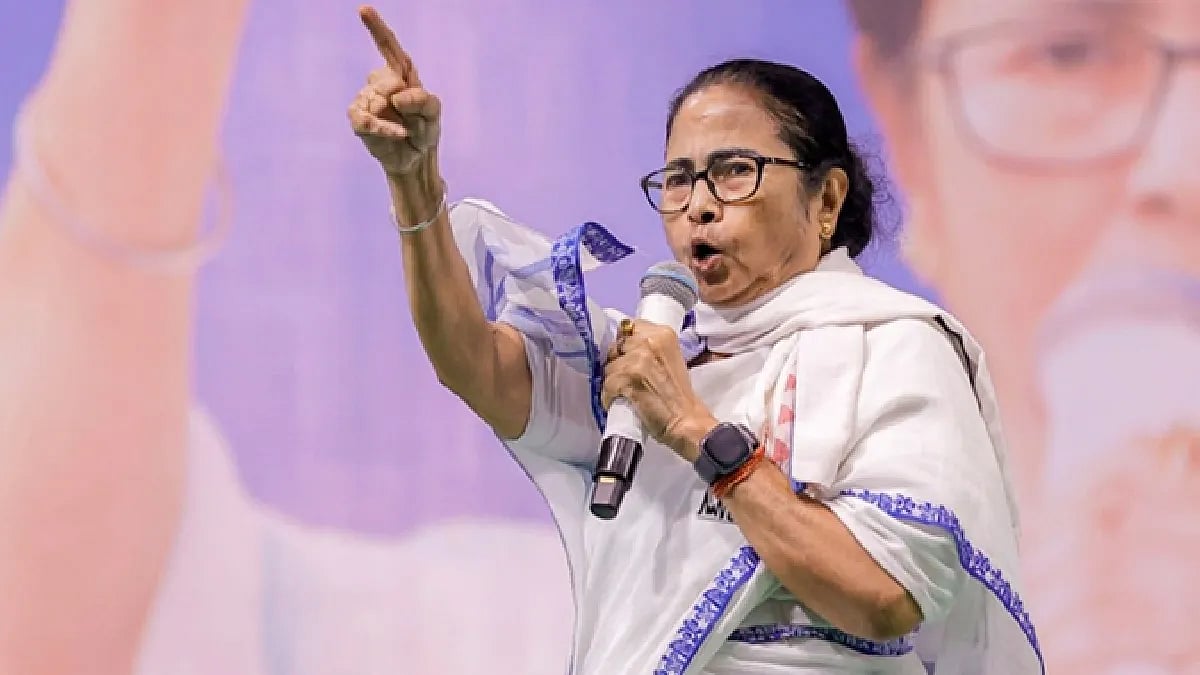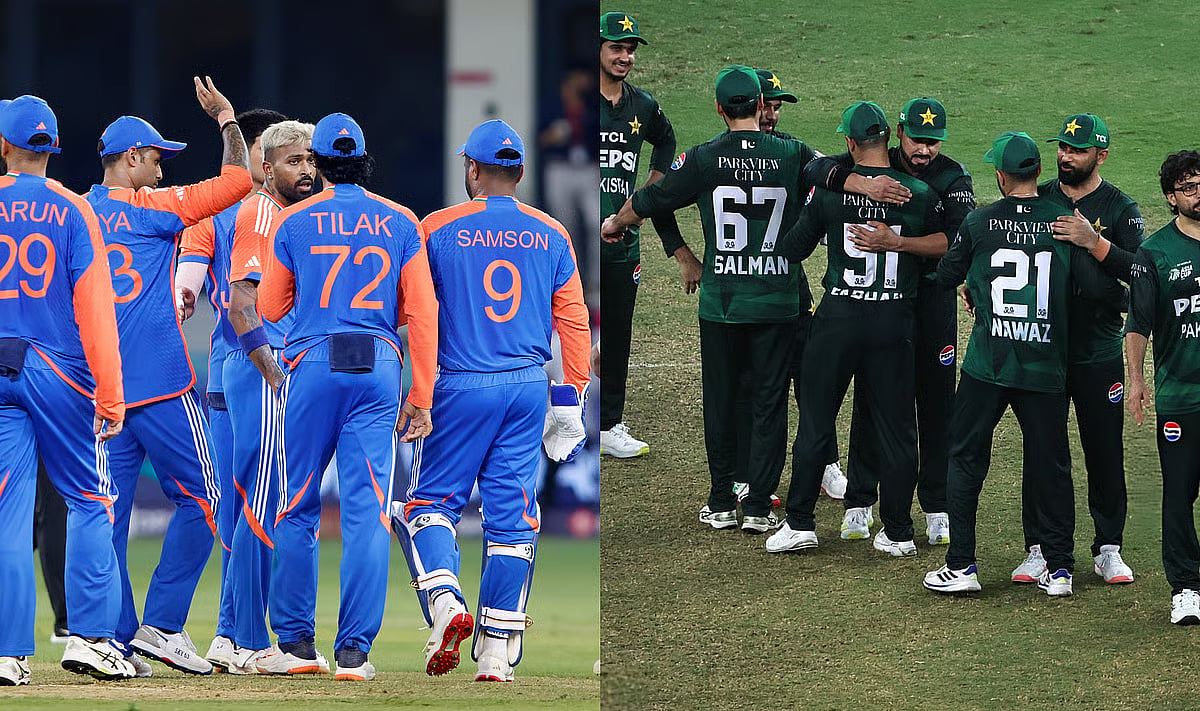The Supreme Court’s decision to pass the burden on to Parliament to enact a law, where men who fall in love with men or women who prefer women to men are allowed to seek bliss in matrimony, conforms to Vice President Jagdeep Dhankar’s utterances that the judiciary should not overstep its laxman rekha while interpreting the law. Despite differentiating between an electoral democracy (elected by the people) and a Constitutional democracy (as envisaged in the Constitution), all five judges unanimously left it to Parliament to enact a law to recognise same-sex unions while saying the right to marry was not a fundamental right.
An Oxford and Cambridge don like senior advocate Saurabh Kirpal, who has been in a live-in relationship with a Swiss national for over 20 years, has lost his chance of being elevated to the Delhi High Court as the country’s first openly gay judge after he posted photos of himself with his partner on the internet. The Union government objected to his elevation on the grounds of national security which prompted CJI DY Chandrachud to rise to his defence by pointing out that Kirpal’s scholarship overrode the government’s concerns.
Notwithstanding these iterations by the CJI Chandrachud-led collegium, the government blocked the names of Kirpal, Somasekhar Sundaresan and John Sathyan as putative judges for the high courts of Delhi, Bombay and Madras respectively. The three have faded into oblivion. Kirpal’s anthology, Sex and the Supreme Court: How the law is upholding the dignity of the Indian citizen is not easily available but is acclaimed as a scholarly work.
In his minority judgment, CJI Chandrachud asked if all the decisions of the government were democratic, then why vest courts with the power of judicial review? “Democracy cannot be viewed through a narrow prism of electoral mandates alone and if all the decisions of elected wings like Parliament and the Executive are considered democratic, then fundamental rights and courts will serve no purpose,” CJ Chandrachud declared in his minority judgment.
He disagreed with the government’s stance that the courts cannot examine issues concerning the rights of LGBTQ couples as it would be anti-democratic. “...Framing the argument on the legitimacy of the decisions of this Court purely in terms of electoral democracy ignores the Constitution itself and the values it seeks to engender,” his judgment declared.
CJI Chandrachud rejected the Central government’s doctrine that exercising the powers of judicial review would constrain the rights of citizens to take part in the political processes: “The Constitution does not confine the universe of a constitutional democracy to an electoral democracy. Other institutions of governance have critical roles and functions in enhancing the values of constitutional democracy… The Constitution does not envisage a narrow and procedural form of democracy,” the CJI said.
Criticising the government’s publicity of what constitutes a democracy, the CJI said “this is a narrow definition of democracy where democracy is viewed through electoral mandates and not in constitutional terms. Additionally, it overlooks the importance of a Constitution which prescribes underlying values and rules of governance for the sustenance of a democratic regime,” he opined.
Although the right to education was given by expanding the scope of Article 21, the Constitution does not recognise the right to marry. “The arguments of the petitioners that the Constitution recognises a right to marry is hinged on the meaning accorded to marriage by statutes, which cannot be accepted.”
The CJI is right because Lesbians Bisexuals Gays Transgenders and Queers (LBGTQ) comprise a negligible minority whose votes make no difference during elections which bring to power those who represent the brute majority. LBGTQ rights need to be protected by overturning conventional ideas of morality.
It was Justice Ajit Prakash Shah, an agnostic who believed in science, who penned the Naz India verdict decriminalising consensual sexual intercourse between consenting adults. Justice Shah, who was hoping to reach the Supreme Court, had both his hopes and his erudite judgment overturned when a two-judge bench comprising Justices GS Singhvi and SJ Mukhopadhyay overruled him.
On the one hand, all five judges affirmed the need to eradicate prejudices against the LBGTQ community, setting up safe houses and hotlines to seek help in case of abuse of such citizens, but left it to Parliament to enact a law to provide these amenities which the government can ill afford. The judges also left it to Parliament to amend the Special Marriage Act to make it gender-neutral in keeping with the times.
Without admitting this, the erudite judges have done what Vice President Dhankar says they should do — stay within rigid confines of not enacting law, while they could have expanded the scope of Article 21 by what is known as social engineering, conceptualised by a 19th-century jurist called Dean Roscoe Pound. CJI Chandrachud and Justice Kaul had precisely this in mind when they pronounced that queer couples have a right for societal recognition of their marriages. But the judges stopped short of reading down the provisions of the Special Marriage Act.
For all their erudition and pedagogical language, the judges have left it to Parliament to provide the infrastructure for same-sex couples to marry and amend various laws to allow same-sex couples to will their properties to each other when their biological children are born through IVF or surrogacy. These are complex subjects requiring the expertise and funds of the government which may be reluctant to provide these for issues which do not figure at the top of their priorities.
In sum, the minority judgments provide a quantum leap forward for the LBGTQ community in recognising their rights in a Constitutional democracy as opposed to an electoral democracy which negates such rights. But whether gay intellectuals like senior advocate Saurabh Kirpal will find the five-judge Bench judgments radically progressive, remains to be seen.
Olav Albuquerque holds a PhD in law and is a senior journalist and advocate at the Bombay High Court












